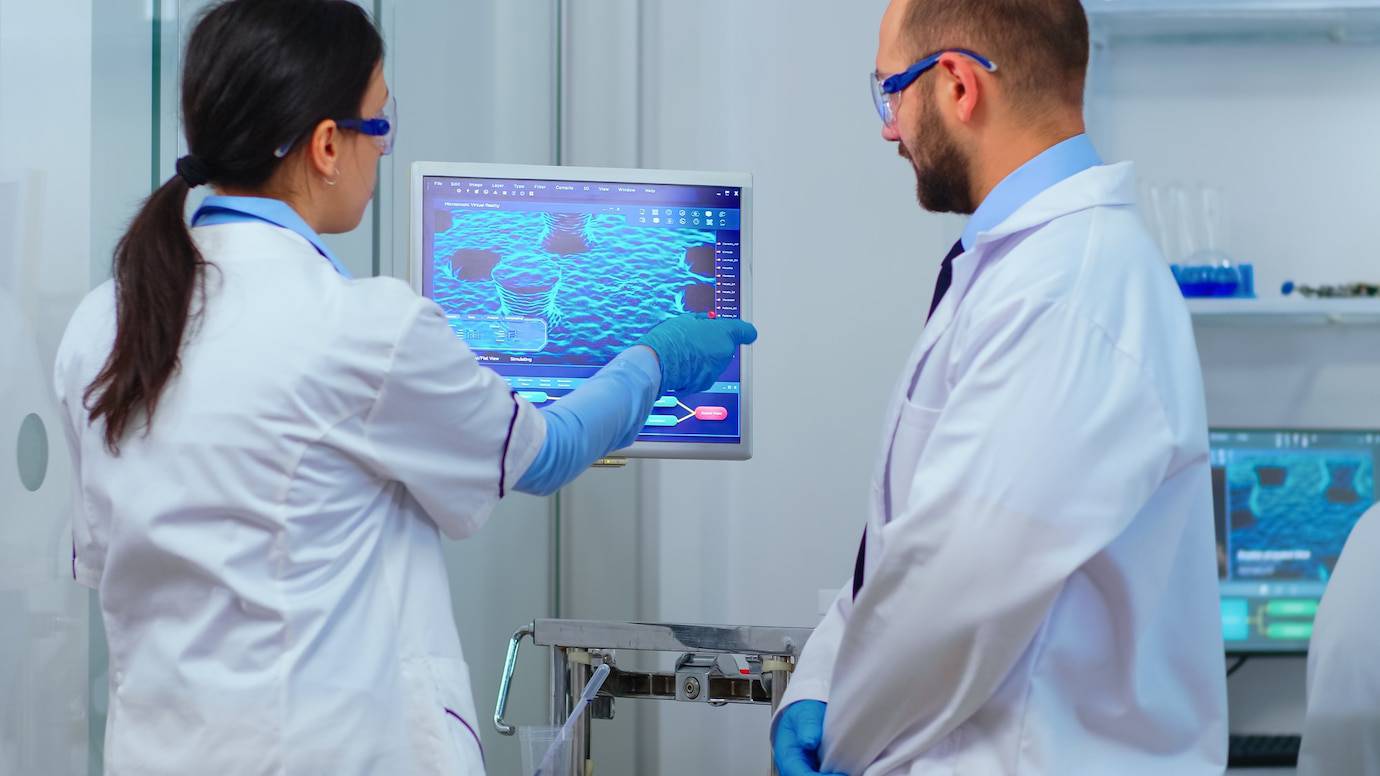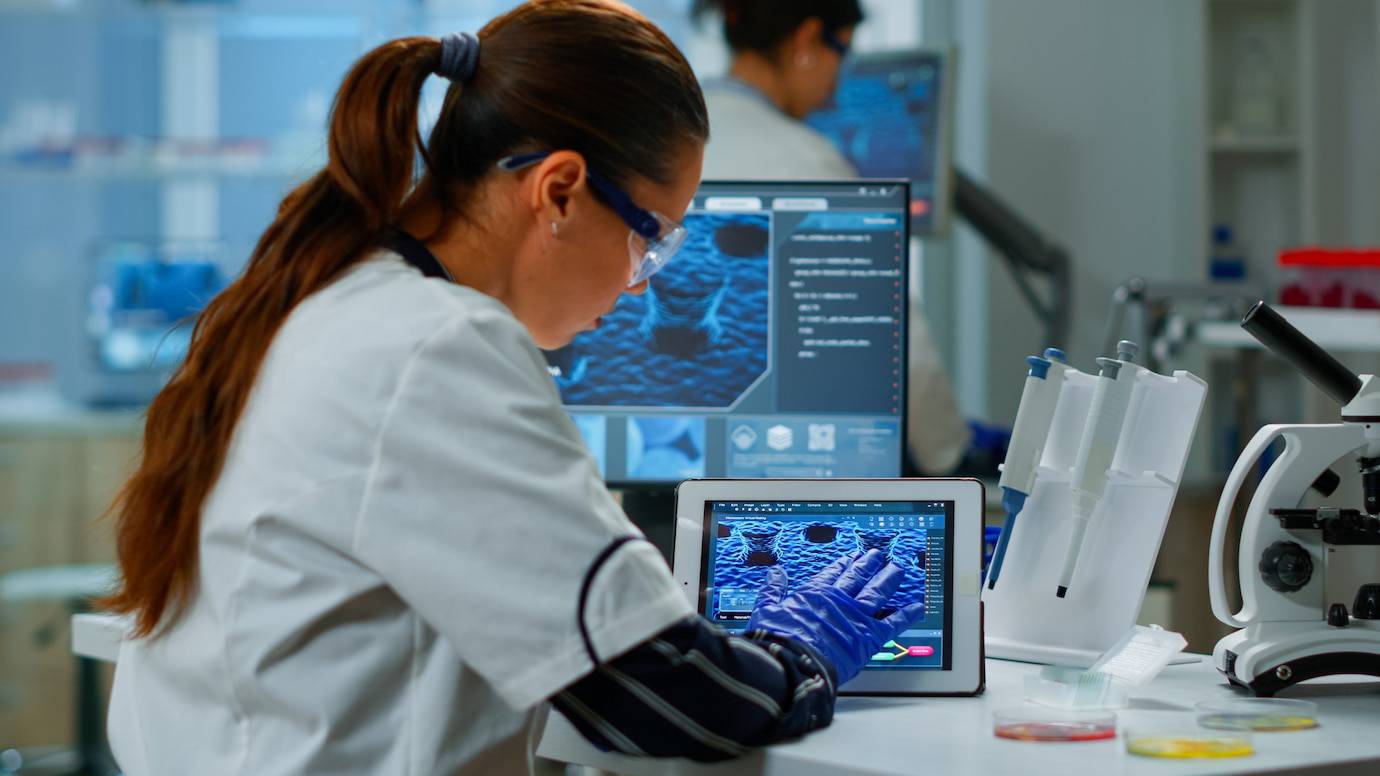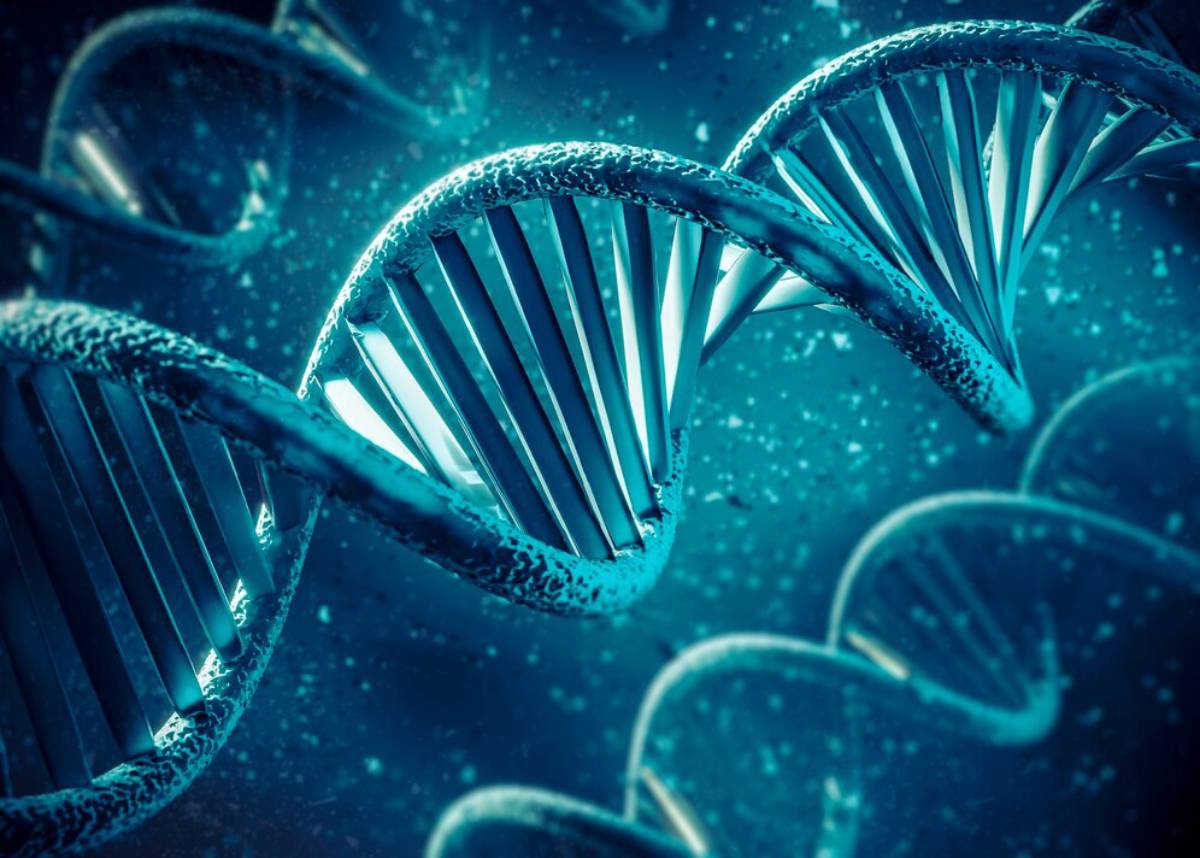
Genomics and Big Data: Powering Precision Healthcare
Recently, genomics and big data have changed healthcare, leading to the rise of precision healthcare. This new approach aims to customize medical treatment for each patient, considering their genes, lifestyle, and environment. Genomics in medicine and big data healthcare are coming together, creating new chances for precision treatment. It helps improve patient outcomes and healthcare delivery.
The importance of this topic cannot be overstated. The world’s population is growing and getting older. This makes it more critical to find better and more efficient healthcare solutions. Precision healthcare uses genomics and big data. It can tackle these challenges. By offering targeted interventions, it improves patient care and lowers healthcare costs. Many people have wrong ideas about how practical and effective precision healthcare is. This blog will look at the key benefits of genomics and big data in precision healthcare. We’ll also share expert insights and discuss any possible downsides.
Key Benefits of Genomics and Big Data in Precision Healthcare
Revolutionising Diagnosis and Treatment

Genomics in medicine has changed how we diagnose and treat diseases. Healthcare providers can analyse a person’s genetic information. This helps them find genetic risks for some diseases. Then, they can create personalised prevention plans based on those findings. This proactive approach boosts early detection. It also helps create personalised treatment plans that work better and have fewer side effects.
Big data in healthcare is key to this process. It offers the power and tools to analyse large amounts of genetic data. This helps us find patterns and connections that we couldn’t see before. As a result, we can make better diagnoses and create more targeted treatments. In oncology, genomics and big data spot genetic mutations that cause cancer. This discovery leads to targeted therapies that significantly improve patient outcomes.
Enhancing Drug Development and Personalised Medicine
Precision treatment goes beyond just diagnosis and therapy. It also includes drug development. The old “one-size-fits-all” method for medicine is changing. Now, treatments are personalised based on each patient’s genetic makeup. This shift comes from insights in genomics and big data. They help researchers find the genetic causes of diseases. This knowledge leads to drugs that target specific molecular pathways.
Big data in healthcare helps find patient groups that may respond better to specific treatments. This boosts the chances of successful clinical trials. It also cuts down the time and cost needed to launch new drugs. This benefits patients with safer, more effective treatments. It also helps the pharmaceutical industry by increasing efficiency and profits.
Improving Public Health and Preventive Care
Genomics and big data affect more than just patient care. They also play a key role in public health. Researchers analyse large genetic and health data. This helps them find trends and risk factors in populations. Then, they can create targeted public health interventions. This method helps prevent disease and promote better health, leading to better health outcomes for everyone.
Genomics and big data help us understand what causes chronic diseases. They reveal how genetics and the environment play a role. This includes conditions like diabetes and heart disease. This knowledge has shaped public health campaigns and prevention efforts. It helps tackle risk factors, which lowers the rates and impact of these conditions.
Additional Expert Tips & Common Mistakes to Avoid

Best Practices for Implementing Precision Healthcare
Precision healthcare needs a team effort. It blends knowledge from genomics, data science, and clinical practice. Here are some best practices to consider:
- Use Genomics in Healthcare: Providers should add genetic testing and analysis to their daily tasks. This way, they can fully benefit from genomics in medicine. This needs money for training and better tools. This way, healthcare professionals can understand and use genetic information in patient care.
- Use Big Data Analytics: Big data in healthcare uses innovative tools to manage and make sense of large data sets. Healthcare organisations should invest in data analytics. They need to work with data scientists. This will help them use big data effectively in healthcare.
- Foster Collaboration and Data Sharing: Precision healthcare requires teamwork. It relies on sharing data and insights between different fields and institutions. Forming partnerships and data-sharing agreements can help share knowledge, speeding up the creation of new healthcare solutions.
Common Mistakes and Misconceptions
Genomics and big data hold great promise for precision healthcare. However, some common mistakes and misconceptions can slow down its use:
- Relying too much on technology can be risky. Technology helps in precision healthcare, but it can’t replace clinical expertise and judgment. Healthcare providers need to blend technology with a patient-centred approach. They should focus on each person’s unique needs and preferences.
- Big healthcare data raises serious privacy and security issues. Healthcare organisations need strong data protection measures. This keeps patient information safe and builds trust with patients and the public.
- Genomics is complex and changes quickly. It requires special knowledge and skills. Healthcare providers must keep up with new developments and be ready to tackle challenges in understanding and using genetic information.
Advanced Insights and Expert Recommendations
The Role of Artificial Intelligence in Precision Healthcare
AI is becoming vital in precision healthcare. It boosts genomics and big data capabilities. AI algorithms can analyse complex genetic data. They can find patterns that human analysts might miss. This helps us predict disease risk and treatment response better. As a result, patient outcomes improve.
AI can automate routine tasks and simplify clinical workflows, letting healthcare professionals focus on complex, value-added activities. AI tools can also help interpret genetic test results, giving doctors valuable insights that guide patient care decisions.
AI helps predict health trends. It forecasts disease outbreaks, hospital readmissions, and patient decline. These insights help healthcare providers act early and use resources better.
The Future of Precision Healthcare
The future of precision healthcare looks promising. Advancements in genomics and big data are set to improve healthcare. As technology evolves, we will see more personalised interventions, which will improve patient outcomes and lower healthcare costs.
We must invest more in research, education, and infrastructure to reach this future. We also must commit to tackling the ethical and societal impacts of precision healthcare. Key areas for future development include:
- Standardising Data Formats: This helps different healthcare systems work together. It makes sharing data easier and smoother.
- Training Healthcare Providers: Helping clinicians gain skills to understand and use genomic data.
- Promoting Patient Engagement: Give patients the information and tools they need. This helps them take part in their care.
Collaboration and innovation can unlock the potential of genomics and big data. This will help us achieve the promise of precision healthcare.
Conclusion: Powering Precision Healthcare
To sum up, genomics and big data are key drivers of precision healthcare’s evolution. These technologies help doctors diagnose better. They also create personalised treatments and support targeted public health measures. This can improve patient outcomes and make healthcare better. To fully unlock precision healthcare, we need to work together. We must address challenges and clear up misunderstandings about how it works.
As we explore genomics and big data in medicine, we need to focus on improving patient care and health outcomes. By welcoming new ideas and working together, we can use precision healthcare. This will help us create a healthier and more sustainable future for all.
What are your thoughts on the impact of genomics and big data on healthcare? Share your thoughts! Let’s talk about how we can shape the future of precision healthcare together.


